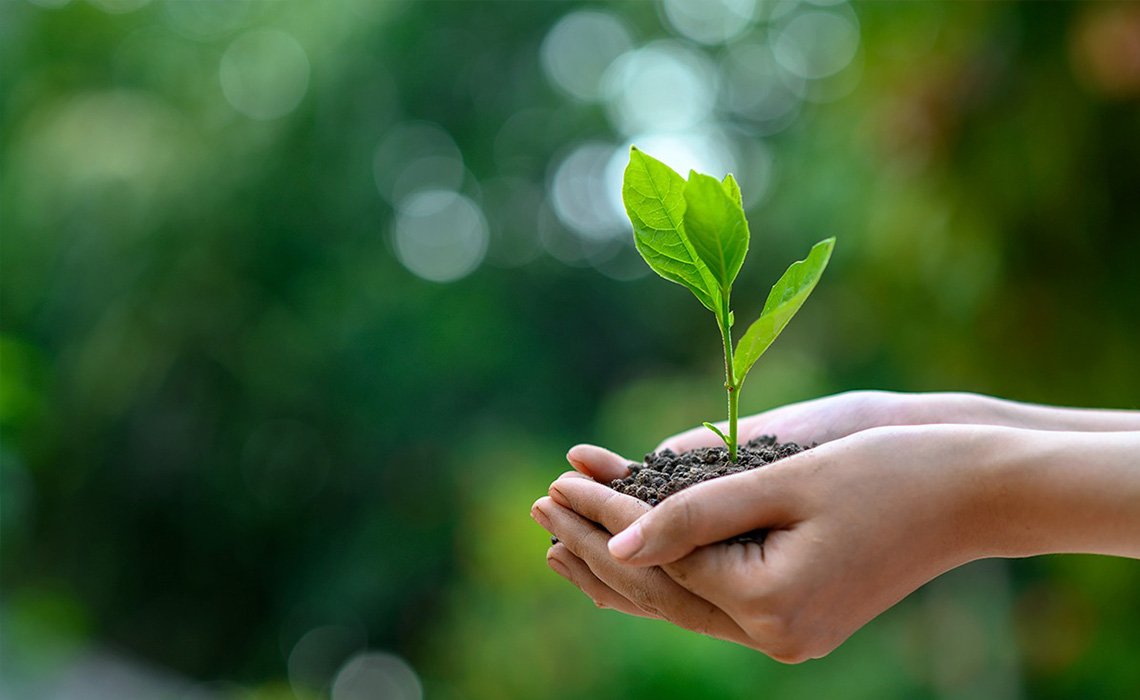
Environmental Impact Assessment: An Essential Tool for the Sustainable Development of Mozambique
The Environmental Impact Assessment (EIA) is a crucial process to ensure the sustainable development of Mozambique. But what does this mean for ordinary citizens and the future of our country?
EIA is a procedure that analyzes the possible environmental effects of development projects before their implementation. This includes everything from building a new factory to expanding agricultural areas or exploring natural resources.
For us Mozambicans, EIA is fundamental for several reasons:
1. Protection of our natural heritage: Mozambique is known for its rich biodiversity. EIA helps protect our forests, rivers and wildlife, ensuring that economic development does not come at the expense of our environment.
2. Public health: By identifying potential environmental risks, EIA helps prevent health problems related to air, water and soil pollution.
3. Long-term economic benefits: Although it may seem like an initial hurdle, EIA actually promotes more sustainable and long-lasting development by avoiding future environmental remediation costs.
4. Public participation: The EIA process includes public consultations, giving a voice to communities affected by projects.
5. Attracting responsible investments: A rigorous application of EIA can attract investors committed to sustainable practices, benefiting our economy.
However, we face challenges in effectively implementing EIA in Mozambique. It is essential to strengthen technical capacity, increase transparency and ensure compliance with recommendations.
As citizens, we can contribute by actively participating in public consultations, demanding transparency in EIA processes and supporting policies that strengthen its implementation.
The Environmental Impact Assessment is not just a bureaucratic formality, but a vital tool for building a prosperous and environmentally responsible Mozambique. By understanding and supporting this process, we are investing in a sustainable future for our communities and future generations.


